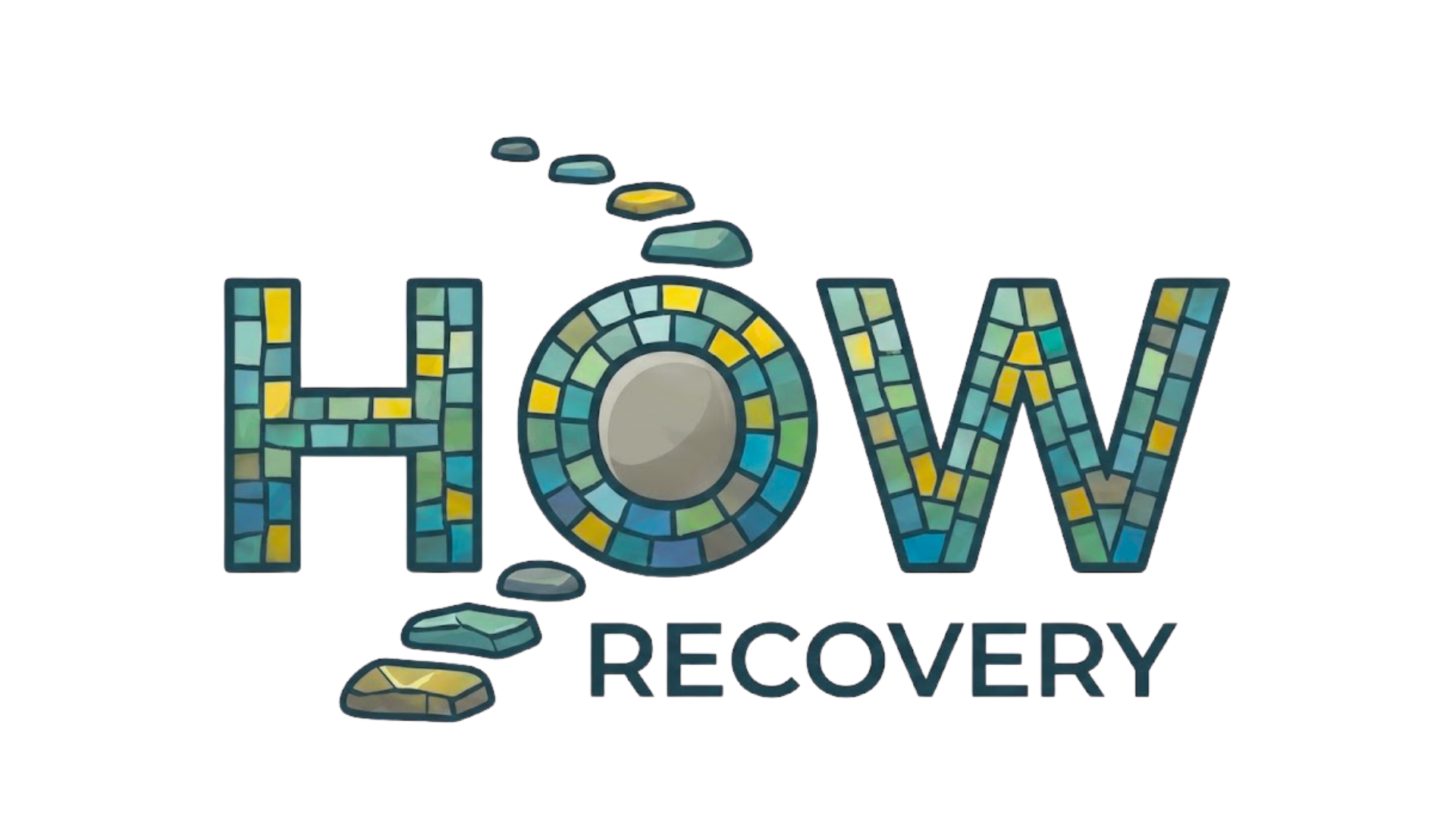Anger Management Counselling
Virtual (Ontario Wide)
Take Back control of your emotions
Professional, confidential Anger Management counselling to help you understand your triggers, regulate your reactions, and rebuild your relationships.
Anger is just an emotion, and a necessary one.
It is a normal human response that serves a vital purpose. As Carole teaches, anger is often a “Cue for Action”, a signal alerting us that something is unjust, threatening, or needs to change.
When channeled correctly, this emotion is actually beneficial. It provides the energy and strength to face challenges, and serves as a powerful tool for communication, helping us set clear boundaries and resolve conflicts constructively.
However, there is a fine line between expressing and erupting. When anger goes unchecked, it can shift from being a helpful signal to becoming venomous, eruptive, or all-consuming. It can cloud your judgment, impair your ability to think clearly, and leave you with deep regret once the "red mist" lifts.
You are not alone. If you feel like your physical reactions (racing heart, tension) are faster than your thoughts, or if you are constantly regretting things said in the heat of the moment, know this: Anger management is a learnable skill. You can learn to pause, breathe, and choose a different response.
When Does Anger Become a Problem?
It is time to seek support when anger stops being a moment and starts becoming a lifestyle.
You might benefit from counselling if:
-
It's Persistent
You feel agitated or "on edge" most of the time.
-
It's Impairing
Your frustration is affecting your work performance, concentration, or focus.
-
It's Damaging
Your relationships with your partner, children, or colleagues are suffering due to outbursts or hostility.
-
It's Agressive
You find yourself acting out physically or verbally toward yourself or others.
What We Do (The Solution)
Managing Anger is a Skill You Can Learn
At HOW Recovery, we don't just tell you to "calm down." We work with you to understand the root of your anger, whether it's past history, current stress, or deep-seated beliefs—and give you the tools to dismantle it.
Our Certified Anger Management Specialist (CAMS-II) program focuses on:
- Identifying Triggers: Recognizing the external events and internal "wind-up" thoughts that set you off before you explode.
- Physiological Regulation: Learning to spot the physical signs (racing heart, tension, heat) and using breathwork to "cool down" your nervous system.
- Challenging Self-Talk: Replacing the negative narratives ("It ought to be this way!") with flexible, resilient thinking.
- Communication Skills: Moving from aggression to assertiveness, so you can express your needs without attacking others.
Our 3 Pillar Approach
-
Cognitive Restructuring
We use CBT techniques to change the thought patterns that fuel your anger.
-
Emotional Safety
Learn to protect your relationships by creating safety boundaries and "time-out" strategies.
-
Court-Approved Programming
Fully accredited programming suitable for court-mandated requirements (PAR / CDVS-I)
Reflect & Recover: Understanding Your History
Often, our anger styles are learned in childhood. Part of our work together involves compassionate reflection to break generational cycles. We explore questions like:
How was anger expressed in my home growing up?
What purpose do my current behaviors serve?
What would my life look like if I didn’t have to carry this shield of anger?
Don't let anger write your story. Learn the mechanisms to pause, breathe, and choose a different response.

